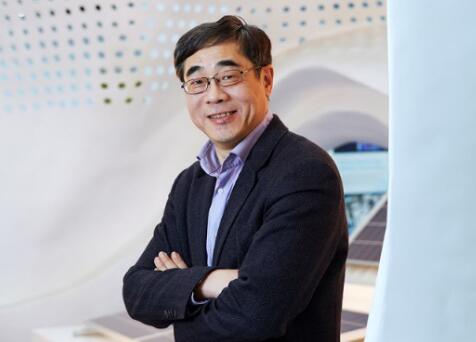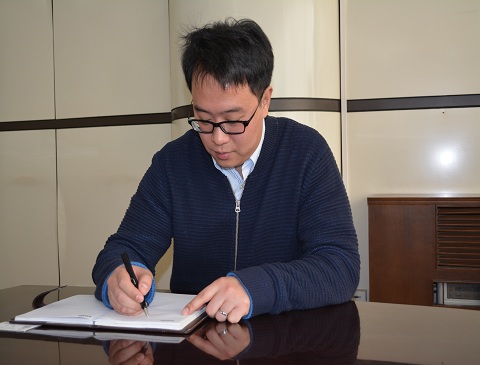Large-scale integrating project, Fast Track, coordinated by Forschungszentrum Jülich, intends to bring to market the next generation of thin-film technology. Eighteen leading EU industries and research institutions have set a target to achieve solar cells with 14% stable efficiency, leading to the reliable production of prototype modules at a level of 12%. The potential cost is expected to be below 0.5/Wp.
The project will cost over €14 million with €9.3 million from EU research grants.
In recent years, the effort in thin-film silicon (TFSi) was made at solving industrialization issues. In 2010, several companies demonstrated 10% stable modules (> 1 m²). The next challenge is linked to the fact that TFSi multi-junction devices, allowing for higher efficiency, are complex devices, in which the substrate geometry and each layer have an impact on the full device. Strong light in-coupling (high current) will need to work in conjunction with good electrical properties (open-circuit voltage and fill factor).
New materials are being introduced into the process, including multi-phase nanomaterials (such as doped nc-SiOx, high crystallinity nc-Si materials), stable top cell materials, nanoimprinted substrates and novel or adapted transparent conductive oxides.
The design and implementation of device structures will need to take into account the full interaction of layers in multi-junction devices. Growth of active layers on textured materials will need to be controlled. Preliminary trials will also include a very high rate nc-Si deposition or multi-step superstrate etching; a transferring process, including static and dynamic plasma deposition.
The companies involved are: Ecole Polytechnique Federale de Lausanne, Fyzikalni Ustav AV CR V.V.I, Univerza V Ljubljani, CVD Technologies, Universiteit Utrecht, Centre National de la Recherche Scientifique, Uniresearch, Stichting Energieonderzoek Centrum Nederland, Agenzia Nazionale per le Nuove Technologie, L'Energia e lo Sviluppo Economico Sostenibile, Technische Universitaet Dresden, Oerlikon Solar, Technische Universiteit Delft, Malibu, Bosch Solar, FAP Forschungs und Applikationslabor Plasmatechnik, Euroglas, Solarexcel, Singulus Stangl Solar.
- EU implements research group to develop next-generation thin-film technology2012-04-06
- Report by Merchant Research confirms that tellurium prices go up as availability goes down2012-03-06
- Report by Merchant Research confirms that tellurium prices go up as availability goes down2012-03-05
- Lux Research report notes shift from panels to installations leads downstream companies to success2012-01-29
- 第九届中国(无锡)国际新能源大会
-
 本届新能源大会以“新城镇、新能源、新生活”为主题,举办2017全球新能源产业峰会及“光伏+”跨界、绿色建筑、分布式市场营销等10场专业论坛,国家能源局新能源和可再生能源司...
本届新能源大会以“新城镇、新能源、新生活”为主题,举办2017全球新能源产业峰会及“光伏+”跨界、绿色建筑、分布式市场营销等10场专业论坛,国家能源局新能源和可再生能源司...














